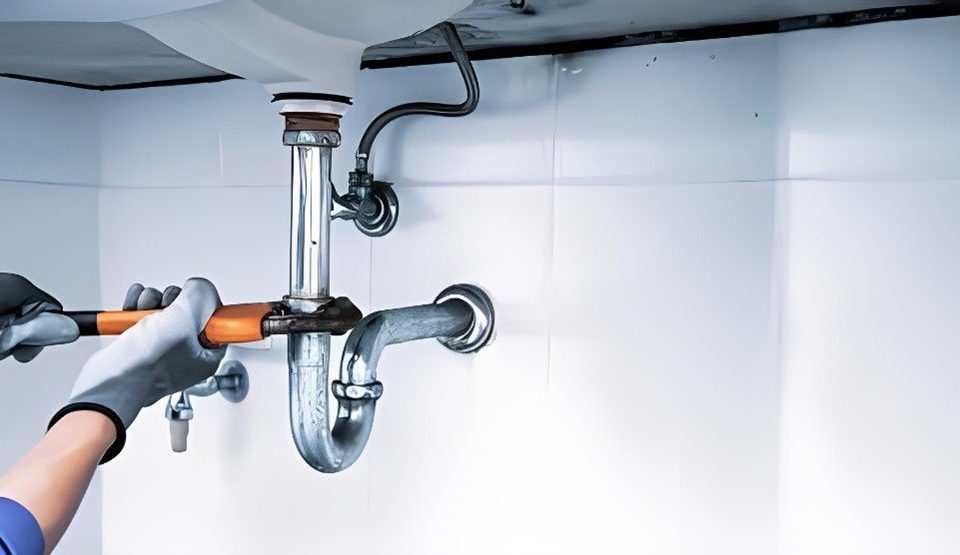Renovate Responsibly: Reduce Your Environmental Impact When Transforming Your Home
March 20, 2023Organizing a Small Space: 10 Tips to Keep Your Home Clutter-Free
April 14, 2023When it comes to hot water heater repairs, it can be hard to know when to take matters into your own hands and attempt a do-it-yourself (DIY) project and when to call a professional. DIY projects can be a great way to save money and learn new skills, but there are certain situations where it’s important to trust the experts. In this blog post, we’ll go over when it’s best to DIY and when you should seek out a plumber for hot water heater repairs.
Check the Pressure
When it comes to hot water repairs, you need to know when to take matters into your own hands and when to call in reinforcements. The first thing you should do is check the pressure—if your hot water system is leaking or not producing hot water, this could be a sign that the pressure is too high. Start by checking the pressure valve for any signs of damage, and if the valve is stuck, you’ll most likely need professional help.
If the water pressure seems to be normal despite the low temperature, the problem may be more severe than initially suspected. Corroded pipes could cause leaks or sediment accumulation, resulting in inconsistent flow. In such cases, it is necessary to seek professional assistance to prevent further damage or even the need for a complete replacement of the hot water system.
By staying on top of your hot water repairs, you can save yourself significantly in both time and money—so don’t hesitate to reach out if something doesn’t seem quite right!
Check the Temperature and Insulation
If you’re into DIY home hot water repairs, checking and fixing minor hot water issues can be a relatively easy job. But while checking the temperature and insulation of your hot water system is something you can do on your own, there are certain signs that will tell you it’s time to call in the pros.
To ensure that your hot water system is functioning correctly, start by using a thermometer to measure the temperature at various outlets. If it is below 45 degrees Celsius, there could be an underlying issue with your system. Additionally, inspect the insulation to make sure it’s in good condition. Damaged insulation can have a negative impact on the efficiency of your hot water service.
If you notice rusty pipes around the hot water system, it could be an indication of increased corrosion or other underlying problems, such as poor pressure or slow flow rates. In such cases, it’s best to seek professional help to address the issue.
Flush and Drain Your Hot Water System
Regular maintenance is crucial to keep your hot water system running efficiently and avoid costly repairs. Flushing and draining your hot water system on a regular basis is one of the essential maintenance tasks that you should perform. By flushing the system, you can eliminate mineral deposits and other debris that can accumulate over time and cause corrosion or damage to the system.
Here are some tips to help you flush and drain your hot water repairs:
- If you have a standard tank hot water heater, start by turning off the power or fuel to your unit.
- Attach a hose to the bottom of the tank and run it outside or into a drain, making sure to keep it clear throughout the process.
- Turn off the thermostat until it’s almost at its lowest setting so that no hot water is being heated up and stored in your tank.
- Open a hot-water valve or faucet near the heater, which will lower pressure inside the tank and help with draining it out of left-over sediments.
- Allow all the water to flow out of the hose until it’s completely empty. Keep an eye on things to make sure there aren’t any leaks coming from your hose—if you do notice any, then now is probably a good time to get professional help with hot water repairs!
Conclusions
You should always consider any small issue with your heater seriously. So you won’t suffer in the long run. Also, hire a professional for hot water repair, if you can’t handle or find out the problem with your hear water system.








